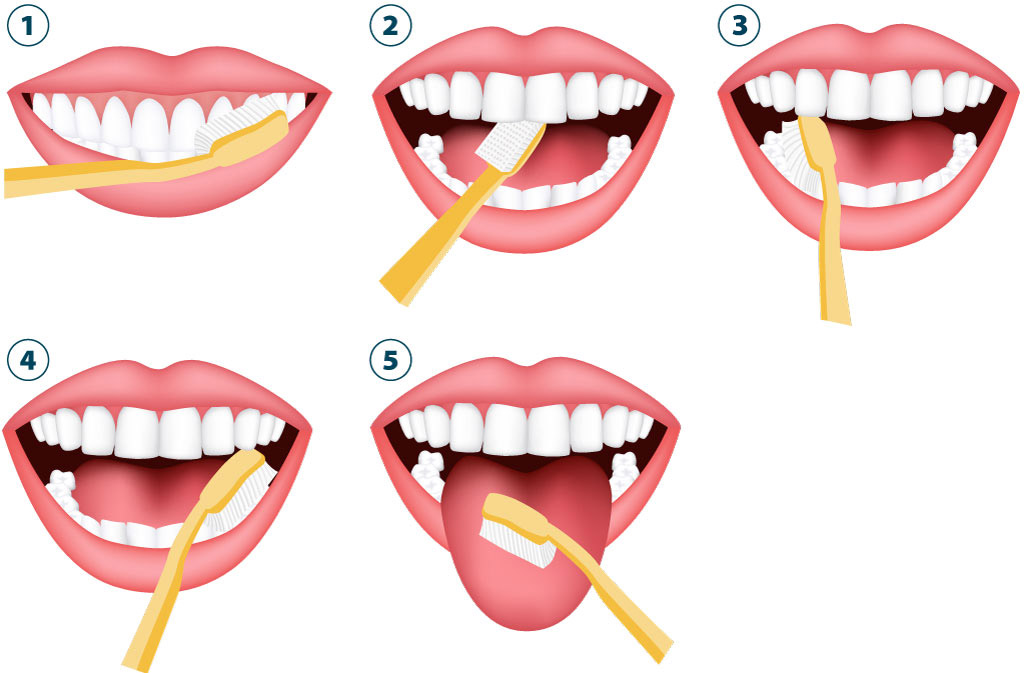Dental and oral health
This fact sheet is for people who have had a blood and marrow transplant (BMT).
BMT patients may experience health complications in the months or years following the transplant. Long-term follow up has an important role in the early detection of any health issues.
This fact sheet has general information about ways to look after your health. If you have specific concerns, speak to your BMT team or your doctor for further information and advice.
What are the issues that could affect my dental and oral health?
In some cases, medical treatment (BMT, radiation, chemotherapy or steroid use) can cause problems affecting the health of your mouth. These issues may include:
- oral graft versus host disease (GvHD)
- dry mouth
- mouth ulcers
- tooth decay.
What are the symptoms?
- Dry mouth
- Tooth loss, decay or cavities
- Increased tooth sensitivity to hot, cold and spicy
- Mouth fungal and viral infections
- Changes to taste
- White patches or redness
- Limited ability to open mouth
- Pain in front of the ears
- Gum disease
- Lip chapping and blisters
If a dental and oral health issue is identified, how is it treated?
Your BMT team or dentist may help you to manage oral health issues by adjusting medications that may be contributing to your symptoms or by using one or more of the following treatments:
- Immunosuppressive medications to treat oral GvHD including oral steroid gels or mouthwashes
- Topical anaesthetics (medication to reduce pain and assist eating)
- Artificial saliva spray or prescription medicines to help your body produce more saliva.

How can I look after my dental and oral health?

- Regular oral and dental examinations – see your dentist every six months. Make sure the dentist is aware you had a BMT. This will allow them to monitor you for oral complications and administer fluoride treatments more frequently.
- Look after your dental hygiene – follow the advice of your dentist. Twice a day, brush your teeth and gums, with a sensitive-teeth fluoride-based toothpaste and a soft toothbrush, and floss. Your dentist may also recommend a daily fluoride gel.
- Maintain a healthy diet
- Limit lollies, sweets and sugary foods.
- Avoid spicy or acidic foods or drinks or carbonated drinks if your mouth is sensitive.
- Maintain mouth moistness
- Drink liquids (water) frequently and eat foods that have a high liquid content, such as soups or stews, or add sauces and broths to food.
- Use artificial saliva to reduce the symptoms of a dry mouth.
- Suck on sugarless lollies or gum.
- Mouth stretching exercises – if you experience scarring or hardening of the jaw muscles from radiotherapy, your general practitioner (GP) or transplant physician can refer you to an occupational therapist for advice.
- Reduce or quit smoking and drinking alcohol – smoking and drinking may make mouth problems worse. If you are a smoker, try to quit. If you choose to drink alcohol, drink moderately. Talk to your GP for information and support.
Where can I find further information?
- Australian Dental Association. How do I find the right dentist? www.dentalguideaustralia.com
- NSW Health. NSW public dental services. www.health.nsw.gov.au